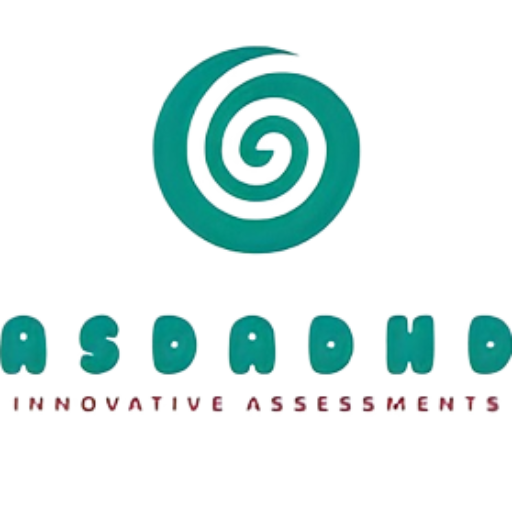11 Apr, 2024 | anishdr | No Comments
Understanding ADHD: What Does ADHD Stand For and How to Manage It
Decoding ADHD: What Does ADHD Stand For?
ADHD, an acronym that stands for Attention Deficit Hyperactivity Disorder, is a neurodevelopmental condition characterized by persistent patterns of inattention, impulsivity, and hyperactivity that significantly interfere with daily functioning and development. Understanding the meaning behind ADHD is crucial for individuals, parents, and professionals involved in its diagnosis, treatment, and management.
Explaining ADHD: Understanding Its Components
- Attention Deficit: People with ADHD often struggle with maintaining focus, sustaining attention on tasks, and organizing activities. This difficulty in concentrating can lead to forgetfulness, distractibility, and an inability to complete tasks efficiently.
- Hyperactivity: Hyperactivity manifests as excessive movement, restlessness, and difficulty remaining still, especially in situations where it is expected. Individuals with ADHD may seem constantly on the go, fidgeting, tapping, or talking excessively.
- Impulsivity: Impulsivity refers to acting without forethought or consideration of consequences. Individuals with ADHD may have trouble controlling their impulses, leading to interrupting others, blurting out answers, or engaging in risky behaviors without considering the outcomes.
Managing ADHD: Strategies for Coping
- Medication: Stimulant medications like methylphenidate and amphetamines are commonly prescribed to manage ADHD symptoms. These medications help regulate neurotransmitter activity in the brain, improving attention, focus, and impulse control.
- Behavioral Therapy: Behavioral therapy techniques, such as cognitive-behavioral therapy (CBT) and behavior modification strategies, can help individuals with ADHD develop coping skills, organizational strategies, and adaptive behaviors to manage their symptoms effectively.
- Lifestyle Modifications: Implementing lifestyle changes, such as establishing routines, creating structured environments, and incorporating regular exercise and healthy eating habits, can support overall well-being and symptom management in individuals with ADHD.
- Educational Support: Students with ADHD may benefit from educational accommodations, such as extended time on tests, preferential seating, and specialized instruction tailored to their learning style and needs.
- Parental Training: Parent training programs can provide caregivers with strategies and techniques for managing their child’s ADHD symptoms, fostering positive parent-child relationships, and promoting effective communication and discipline.
Understanding what ADHD stands for is the first step in raising awareness and promoting acceptance and support for individuals living with this condition. By incorporating relevant keywords like “ADHD stand for” into your content, you can improve its visibility and accessibility to those seeking information and resources related to ADHD.
As a leading authority on ADHD diagnosis and treatment, ADHD ASD Doctor is committed to providing comprehensive support and guidance for individuals, families, and professionals affected by ADHD. Visit our website to learn more about ADHD, access valuable resources, and schedule an appointment with our experienced team of specialists.
In conclusion, ADHD stands for Attention Deficit Hyperactivity Disorder, a complex neurodevelopmental condition that requires a multidisciplinary approach for effective management. By raising awareness, promoting understanding, and implementing evidence-based interventions, we can empower individuals with ADHD to thrive and reach their full potential.

Write Reviews
Leave a Comment
No Comments & Reviews